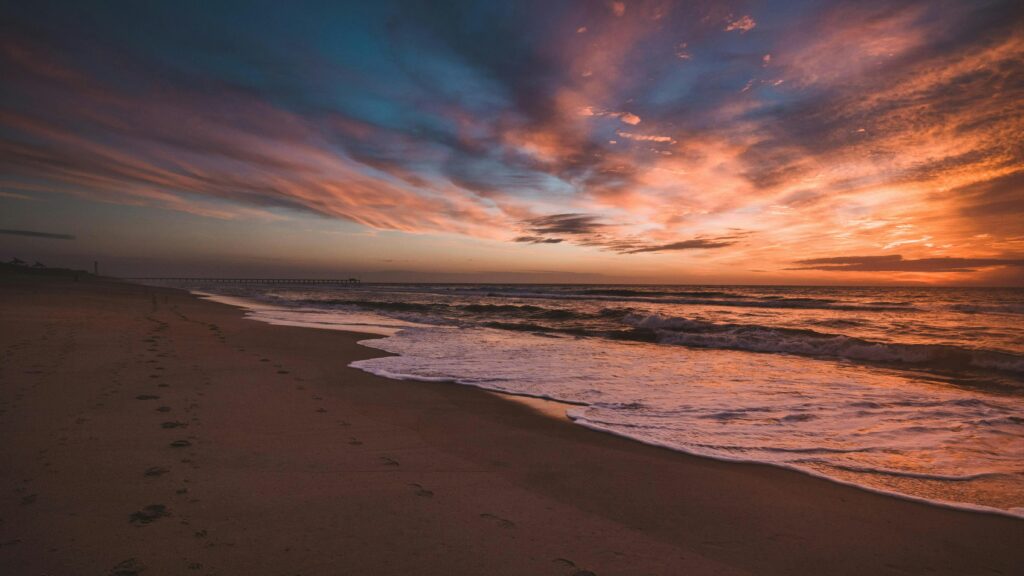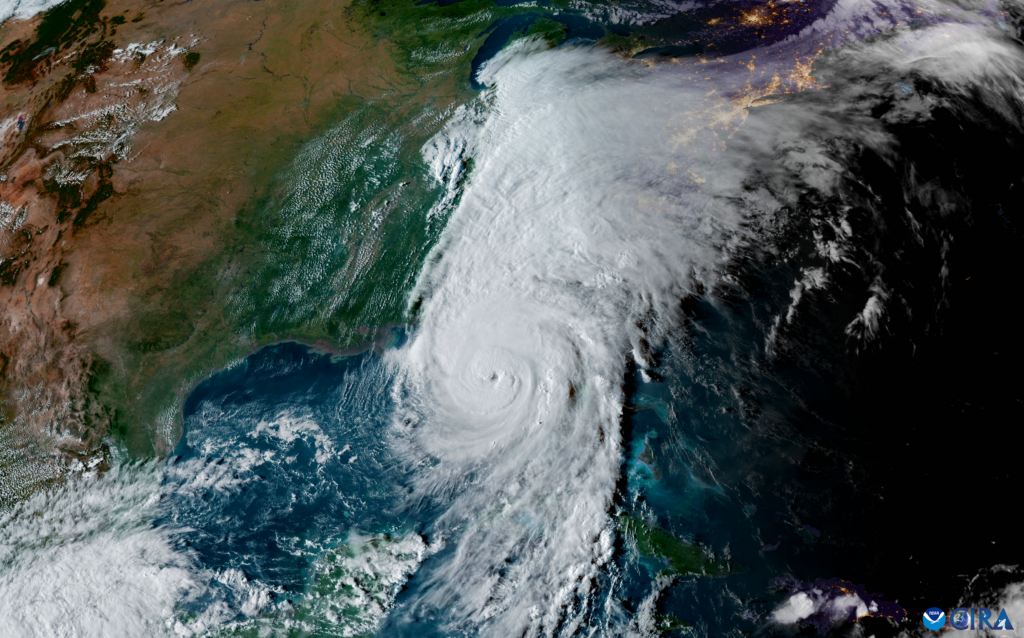
And now for the Top Ten posts for all time (since summer 2017).
Same rankings as last year, except #7 and #8 switched, and #9 is new.
- The Great Sin of the Evangelical Right (September 4, 2017)
- On Calling God by His First Name (November 16, 2017)
- Are We Doing Church Wrong? (July 31, 2017)
- On Deconversion (March 18, 2021)
- On How You’re Remembered (Strategery) (August 6, 2020)
- I Was Born That Way (August 9, 2018)
- Pants on Fire (August 16, 2018)
- On Sin: I’m Guilty of Adam’s Sin? How Is That Fair? (October 4, 2018)
- On Retiring (February 24, 2025 )
- Freak Out Thou Not. This Means You. (January 8, 2018)
Photo by Adrian Curiel on Unsplash




